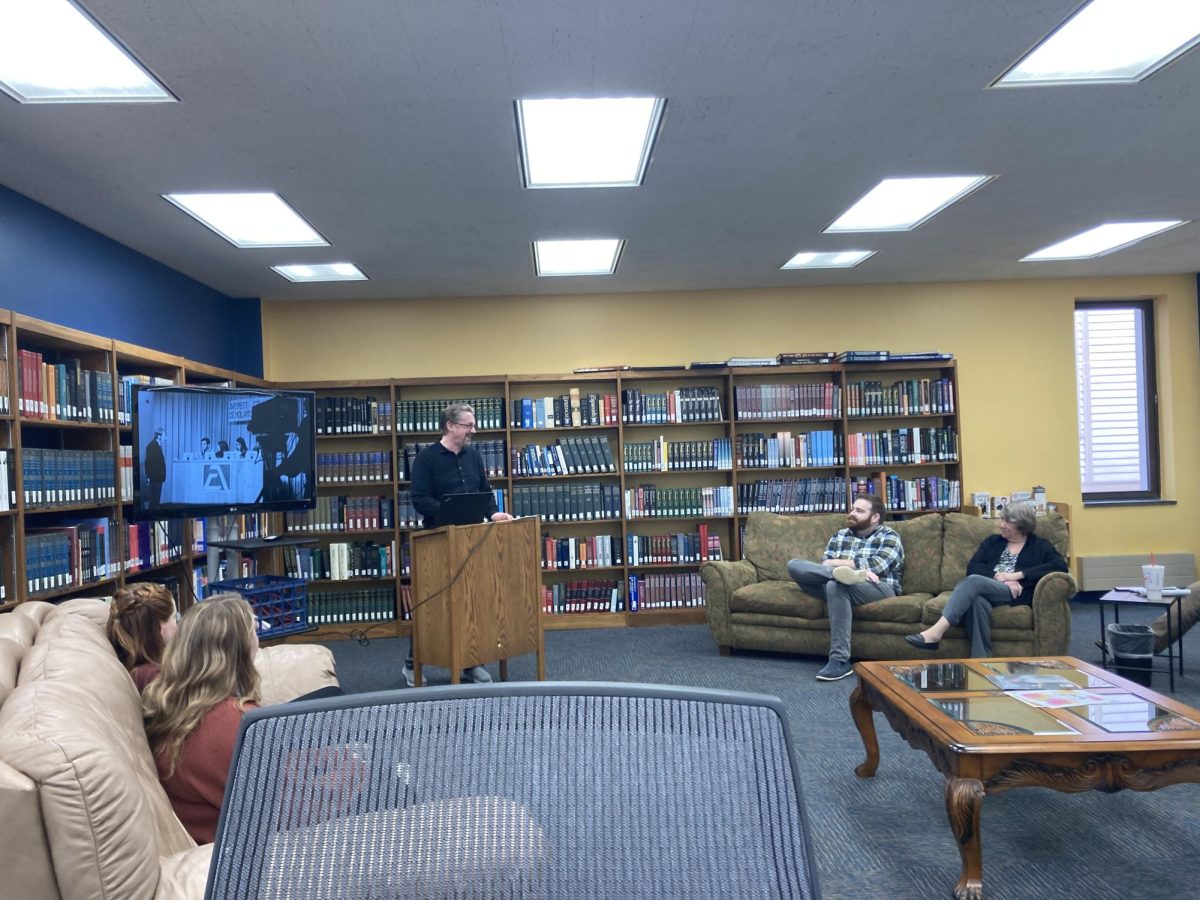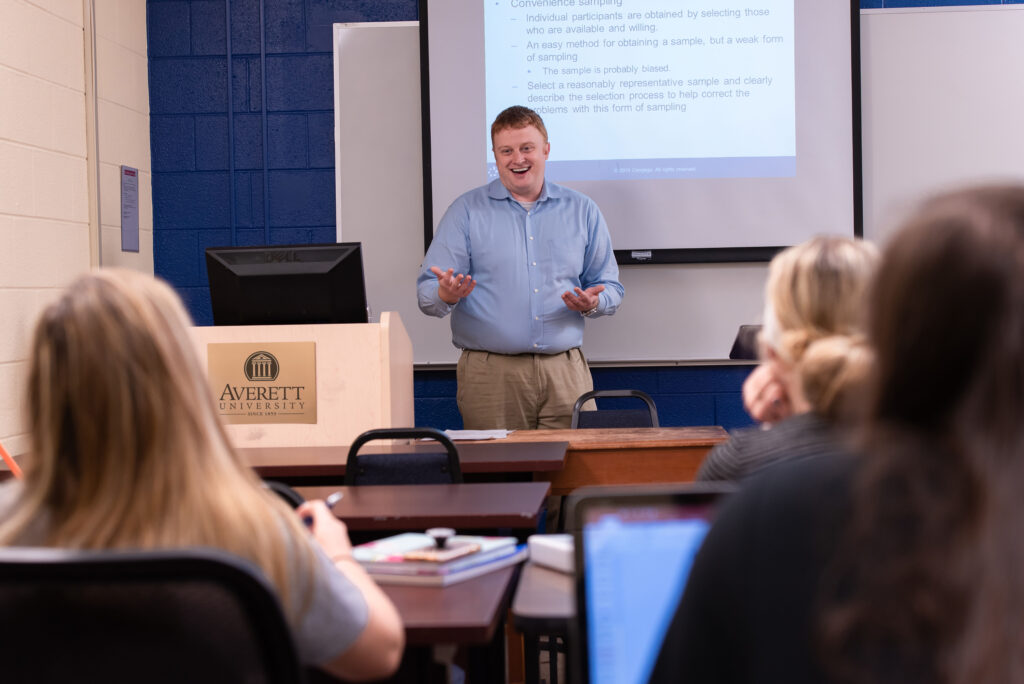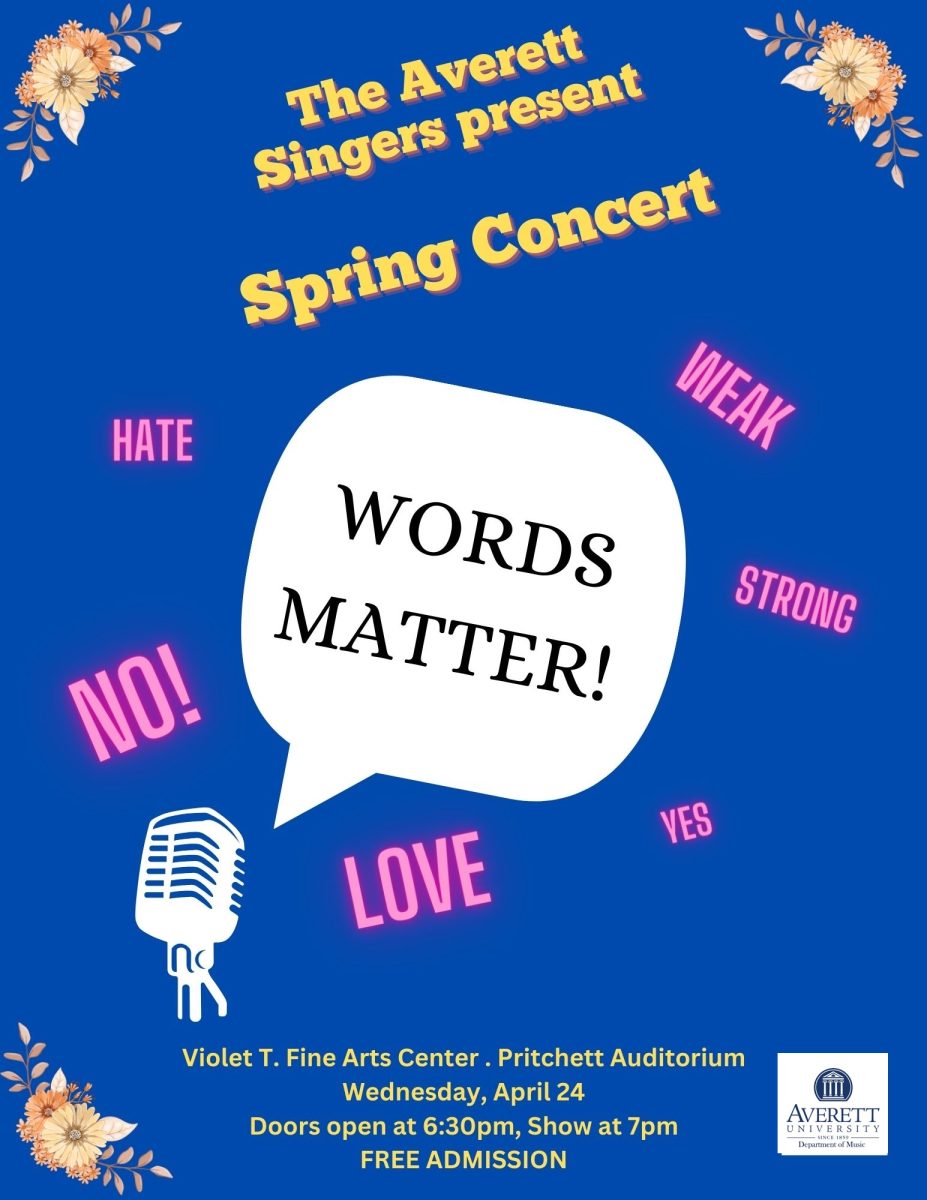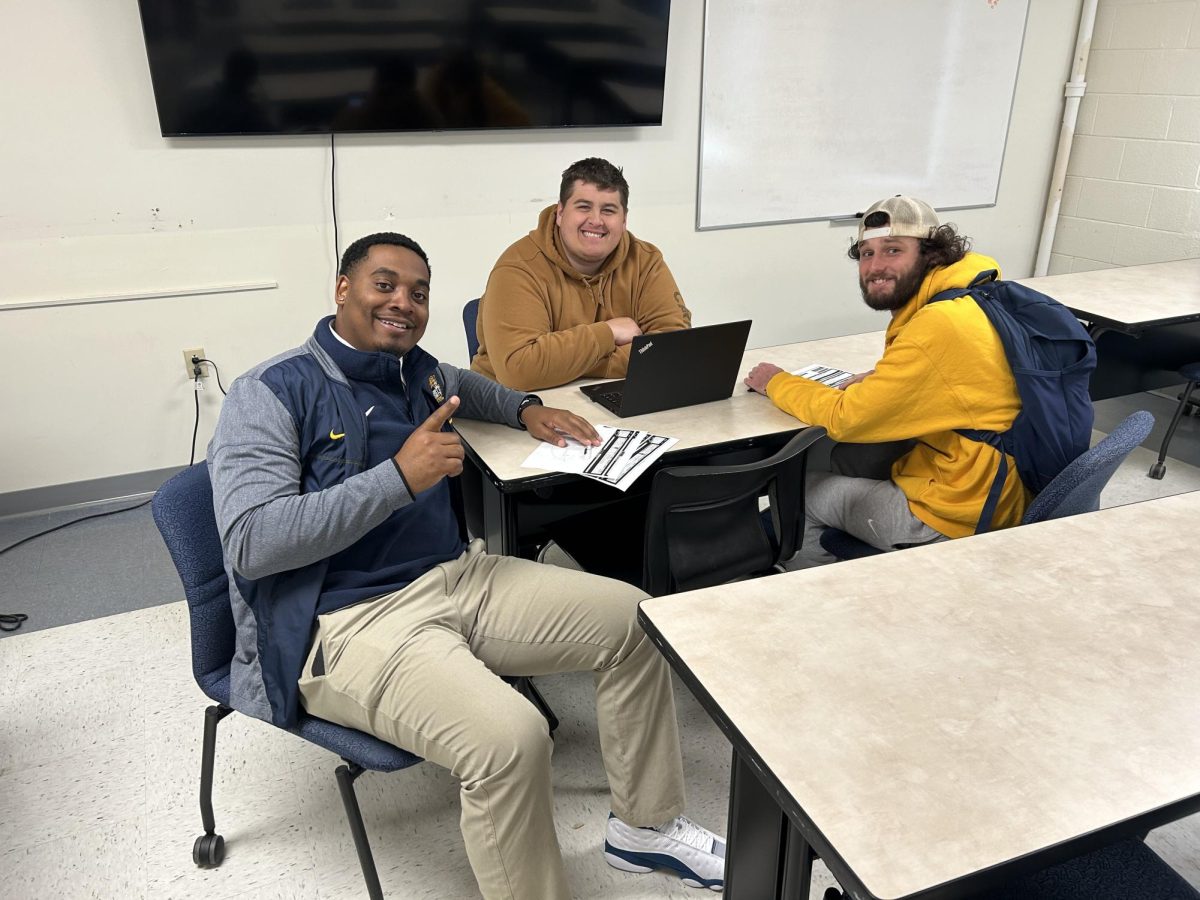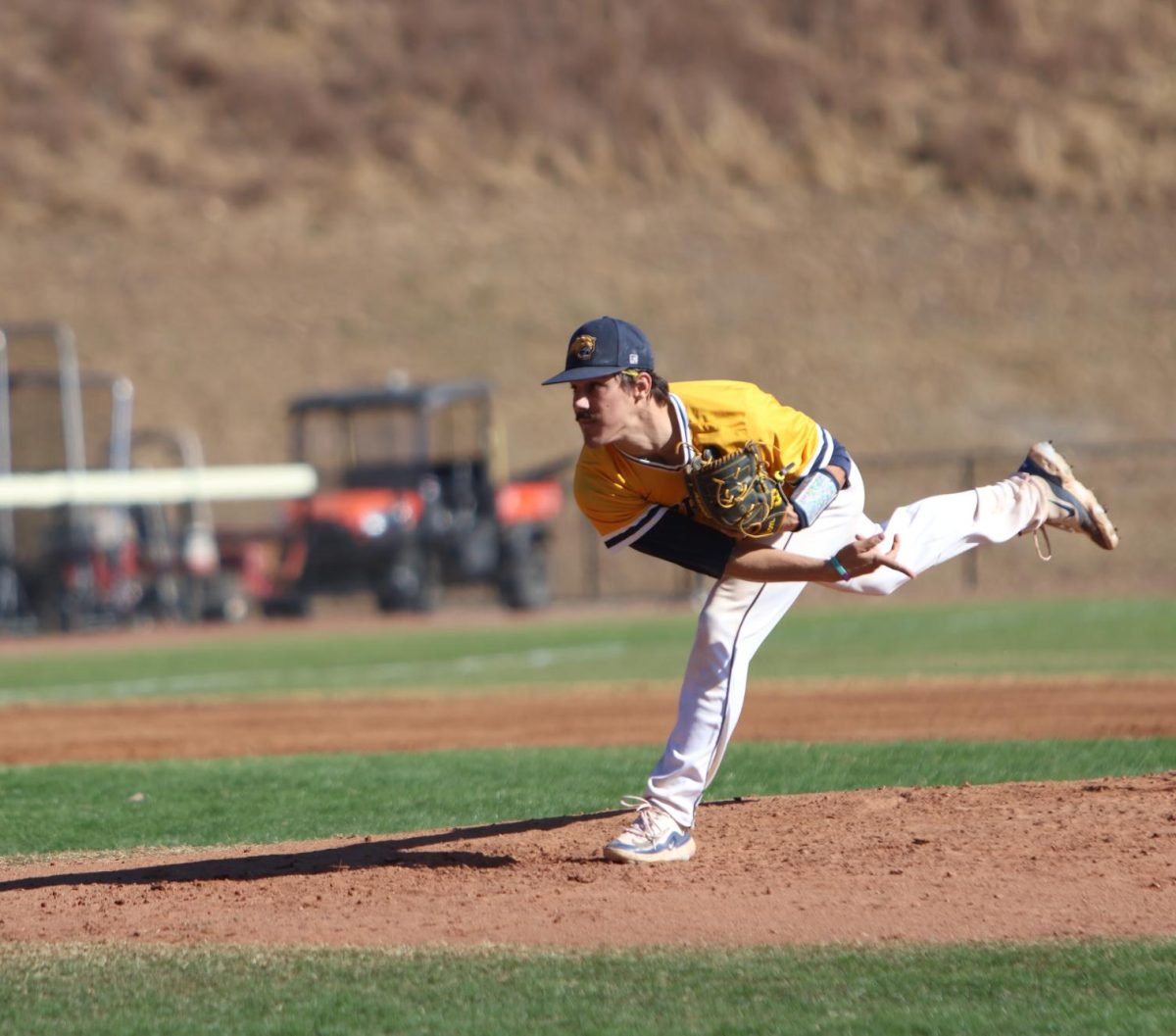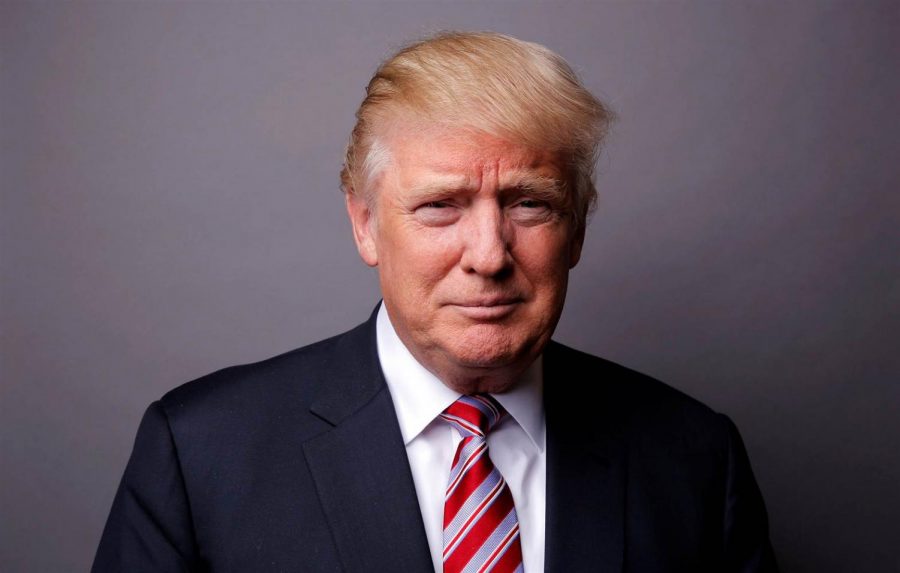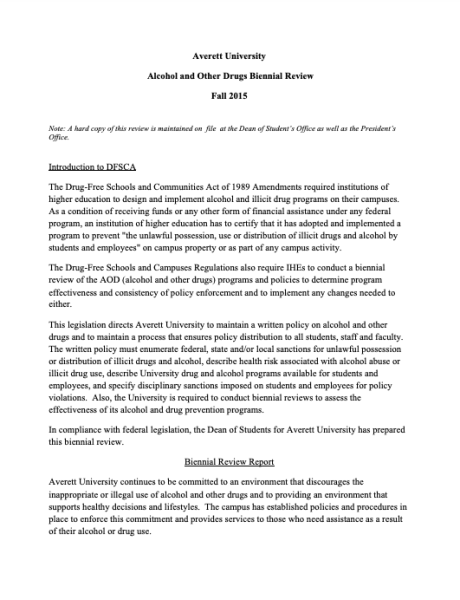Students Show Little Interest in Impeachment
February 4, 2020
The United States has had its fair share of political drama in the past decade, but government shutdowns and arguments over healthcare pale in comparison to the impeachment of President Donald Trump. Trump is the third president in American history to be impeached, and the first in this century. It has become a media staple in the recent months, seeming almost inescapable.
The impeachment process began late last year with the inquiry into Trump’s request for information about his political rival Joe Biden in exchange for military aid that had been withheld. It is illegal to use presidential power to solicit foreign interference in an election in the United States.
Two articles of impeachment were brought against Trump, abuse of power and obstruction of congress. The House of Representatives voted to impeach the president on Dec. 18, 2019. The articles were delivered to the Senate on Jan. 15 and the trial will conclude in the coming days.
The consensus among students here at Averett is that the impeachment is important, but not important enough to keep up with. Freshman Chandler Lowell wishes that he had given more attention to the impeachment than he has.
“I haven’t kept up with it, but I probably should,” Lowell said.
Other students feel that they already know the outcome of the Senate trial, and they are just waiting for the findings to become official. Junior Joe Nealis thinks that there is no need to keep up with the impeachment.
“I don’t really care about the process,” Nealis said. “I will get the results in a few days. There’s not much I can do about it anyway.”
This sentiment is not uncommon amongst teenagers in America. Joshua Sperber, professor of history and political science, thinks that this is partly why interest among teens is low.
“In this impeachment in particular, there was a sense that the outcome, acquittal in the Senate, was preordained; depriving the proceedings of suspense or much else beyond symbolic significance,” Sperber said. “I can understand why many teens, among others, would be uninterested in an event that largely reduces us to mere spectators and that, unlike the Super Bowl, contains no drama or feats of athletic prowess.”
With the impeachment dominating traditional media, it would inevitably spread to social media. Many news organizations have social media presences, which is where many young Americans, like sophomore Dominick Hall get their news.
“I use social media to keep up with the news,” Hall said.
Some students think that social media is not the best place to get their news. Lowell insists on using more traditional forms of media to get informed.
“It’s hard to know who to trust,” Lowell said. “There are so many different people saying so many different things, it’s hard to keep the facts straight.”
As the impeachment trial wraps up, there is uncertainty of how this will affect the elections in November. Sperber is unsure whether it will influence voters.
“Trump certainly did not want to be impeached given, among other things, the stigma attached to it,” Sperber said. “This may influence some swing voters, although it will likely have no effect on Trump’s ardent supporters or his critics.”
It is uncertain whether the impeachment will inspire students to go to the polls to vote later this year. The impeachment has had an effect on Lowell, who is planning on voting in the Fall.
“The election is coming up, so I have to start keeping up. I have to decide who I will vote for.”



